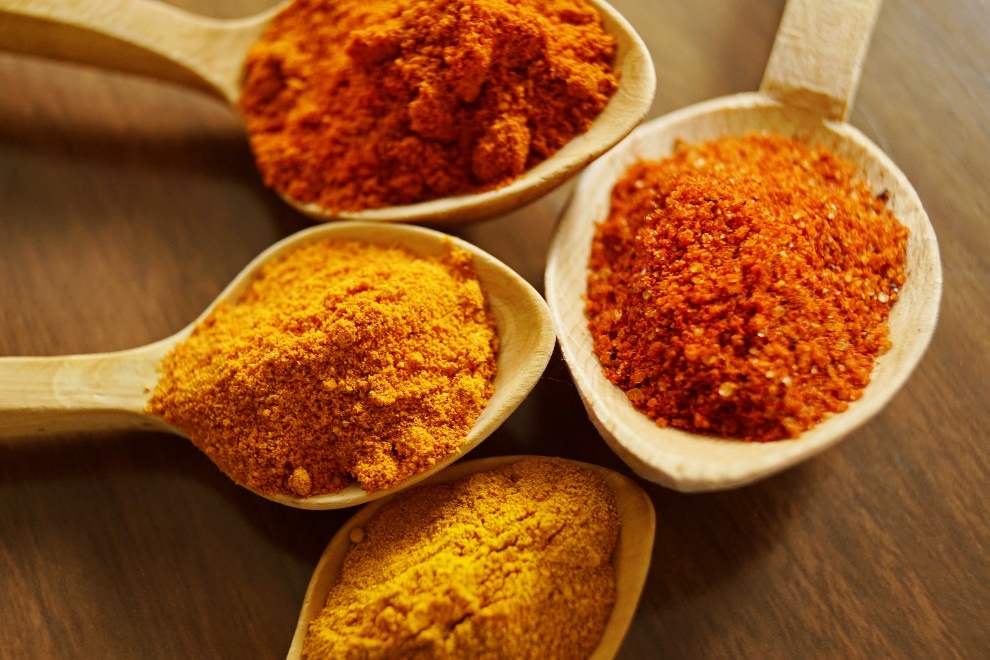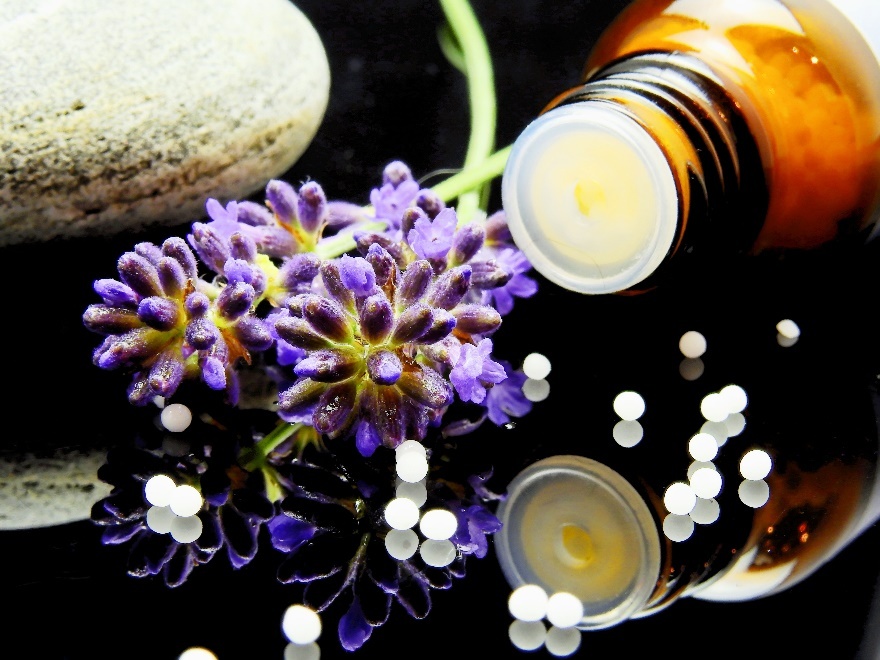Exploring the World of Herbal Remedies
In a world that's becoming increasingly fast-paced and reliant on modern medicine, there's a growing yearning for natural and holistic approaches to health and well-being. One such approach is the world of herbal remedies, a treasure trove of ancient knowledge passed down through generations. In this blog, we will embark on a journey through this fascinating realm of herbs, plants, and their potential to heal and enhance our lives. We'll also discuss what people need to keep in mind and what precautions they need to take. Let's get started!

The Age-Old Wisdom of Herbal Remedies
Herbal remedies have been part of human civilization for millennia. Ancient civilizations such as the Egyptians, Chinese, and Indigenous peoples have all harnessed the power of herbs for medicinal purposes. This age-old wisdom is based on the understanding that nature provides a wealth of remedies that may be able to address various health issues.
Harnessing the Healing Power of Plants
Herbal remedies are derived from various parts of plants, including leaves, roots, stems, and flowers. These natural substances contain compounds that can have a positive impact on our health.
Holistic Approach to Health
What sets herbal remedies apart from conventional medicine is their holistic approach to health. Rather than simply targeting a specific symptom, herbal remedies often address the root cause of an ailment, considering the interconnectedness of the body and mind. This approach aligns with the ancient wisdom that health is a state of balance and harmony within the body.
Exploring Common Herbal Remedies
Here are a few all-natural additions to your diet that you can benefit from:
Turmeric: A vibrant yellow spice, turmeric has gained popularity for its anti-inflammatory properties. Its active compound, curcumin, has been studied for its potential to alleviate conditions like arthritis. It can be readily added to your food, smoothies, or even your lattes for easy consumption.

Ginger: Known for its digestive benefits, ginger can help ease nausea, indigestion, and motion sickness. It can also be used as an anti-inflammatory and pain reliever. Add it to your food, or try ginger tea to enjoy its benefits.
Aloe Vera: This succulent plant is renowned for its soothing properties when applied topically to sunburns and minor burns. It's not just great for the skin, it also has potential benefits for internal use, including aiding digestion.
The Importance of Herbalists
While some herbal remedies can be self-administered, it's essential to recognize the expertise of herbalists. These individuals have studied the properties of various herbs and plants extensively and can provide guidance on proper usage and dosage. Consulting with a herbalist ensures that you receive the maximum benefits from these natural remedies while avoiding potential side effects or interactions with other medications.
Science Meets Tradition
In recent years, scientific research has begun to catch up with traditional knowledge of herbal remedies. Many studies have validated the effectiveness of certain herbs and their compounds. For example, the therapeutic potential of lavender essential oil in reducing anxiety and promoting relaxation is supported by scientific evidence. This is also the case for the antifungal and antiviral properties of tea tree oil.
The integration of traditional wisdom and modern science has led to the development of herbal supplements and natural products that are readily available in health food stores and online markets. These products provide a convenient way to incorporate herbal remedies into our daily lives.

Safety and Precautions
While herbal remedies can offer numerous benefits, it's crucial to approach them with caution. Just because something is natural doesn't mean it's always safe. Some herbs can interact with medications or have side effects when consumed in excess. It's essential to do your research, consult with a healthcare professional or herbalist, and use herbal remedies responsibly.
Here are some precautions to always keep in mind:
- Never rely solely on herbal remedies as a cure for any physical or mental condition. Regardless of your ailment, your treatment plan should be designed by trained medical professionals. Don'tself-diagnose and don'tself-medicate, even with natural remedies.
- A popular myth states that it's impossible for herbs to damage the human body since they're natural. As mentioned above, this isn't true. It's possible to have an allergic reaction to a herb or a spice. It's also possible that something may not agree with your system.
- Consult your healthcare provider and make sure they're in the loop about any health food or supplements that you might be taking. This will avoid any untoward incidents and ensure your health isn't negatively affected.
Herbal Remedies in Daily Life
Incorporating herbal remedies into your daily life doesn't have to be complicated. Here are some simple ways to do it:
Herbal Teas: Replace your regular tea or coffee with herbal teas like chamomile, peppermint, or ginger. These can be enjoyed throughout the day and offer various health benefits. Chamomile can help you relax, peppermint tea soothes the stomach, and ginger tea can aid digestion.
Aromatherapy: Use essential oils derived from herbs like lavender, eucalyptus, or rosemary in diffusers or diluted in carrier oils for massages to promote relaxation and alleviate stress.
Herbal Supplements: Consider adding herbal supplements to your daily routine, but only under the guidance of an online doctor. These can address specific health concerns or support overall well-being.